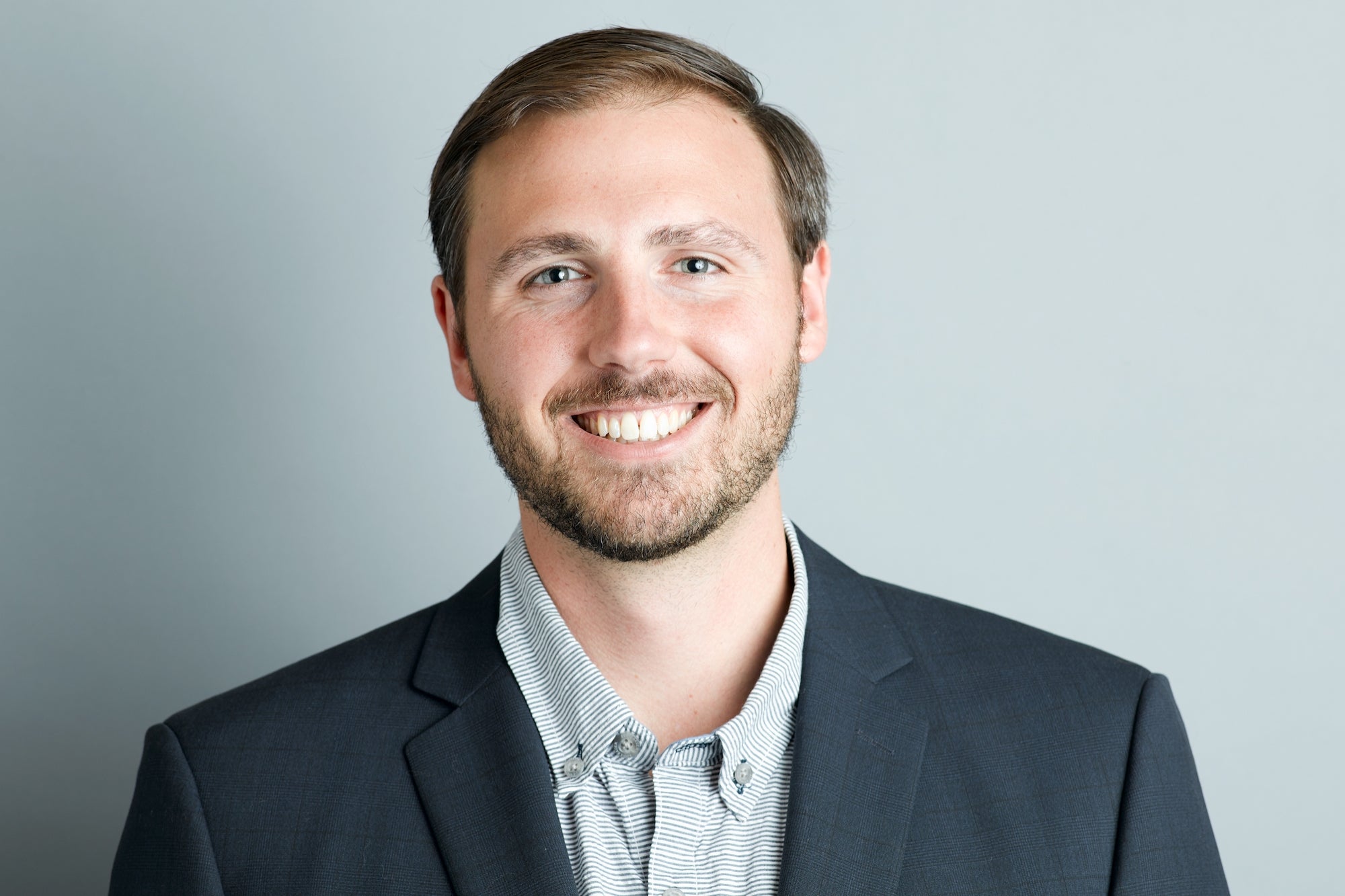Candy Store
Startup Costs: $10,000 - $50,000
Franchises Available? Yes
Online Operation? No
Candy sales kiosks are popping up in every mall across North America, and why not? Starting a business that retails candy is very straightforward and the biggest challenge to overcome is selecting the right operating location for the business. Ideally, a candy shop should be in a very busy area of a community so it can take advantage of foot traffic, as well as impulse buying by consumers. Also consider offering customers a free delivery service to expand the potential market to include customers who want to send candies to relatives in the hospital, loved ones at holiday time, and business owners seeking to reward clients or employees with their favorite box of chocolates or candies.
The Market
Your customers will be anyone with a sweet tooth or looking for a special gift for someone.
Candy Store Ideas
Framed Movie Posters
Picture this: A business surrounding movies.
Newsstand
Outdated, you say? In spite of online media convergence, classic print newspapers will never grow old.
Gun Shop
Here's a great market to shoot for.
More from Business Ideas
A CEO Who Runs a Fully Remote Company Has an Unusual Take on Employees Starting Side Hustles: 'We Have to Be Honest With Ourselves'
Ross Buhrdorf, CEO of ZenBusiness, breaks down how critical "walking the walk" really is.
Want to Start a Simple Business That Helps the Planet? After 'One Night's Worth of Research,' He Started an Eco-Friendly Gig And Now Makes $200K a Year
Environmentally-conscious laws are picking up steam across the country. When one went into effect in Zach Cavacas's home state, he saw a lucrative business opportunity. Chances are, a similar law is coming to your state, or is already there.
Their 'Magic Internet Money' Side Hustle Just Hit $1 Billion in Sales: 'We'd Empty 6 Figures of Cash Onto the Counter. The Bank Teller's Expressions Were Priceless.'
Inspired by the concept of decentralized money, Neil Bergquist and Michael Smyers came up with a lucrative idea they believed "would nearly run" itself.





